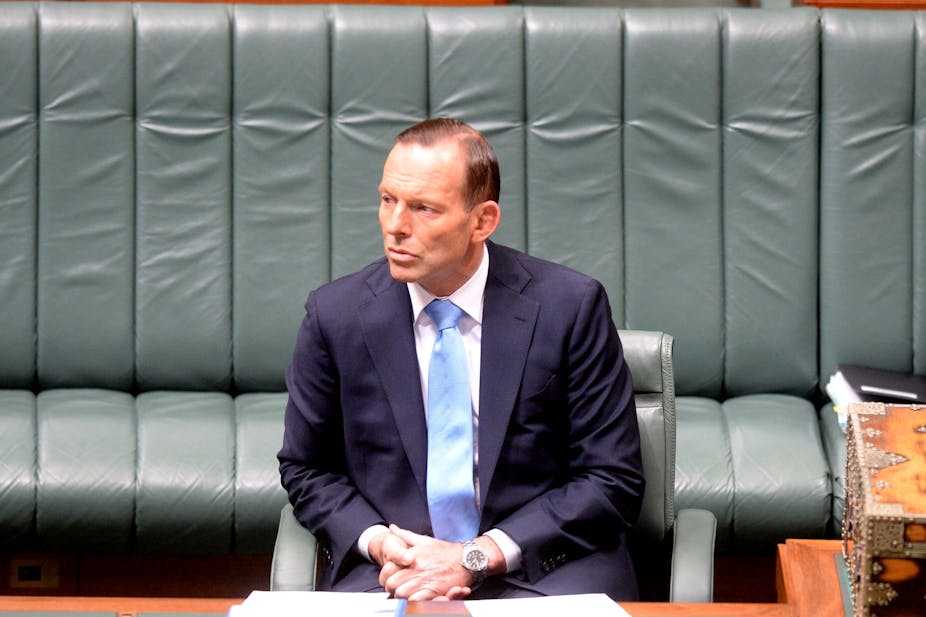Tony Abbott has admitted Australia’s allies want it to give more help in the Ebola crisis – after revelations that both the United States and the United Kingdom have asked for personnel.
Abbott also indicated that the desire for more Australian assistance had been canvassed when he and US president Barack Obama spoke on Wednesday – a point the Prime Minister’s Office declined to confirm immediately after the talks.
The PMO omitted any direct reference to that in the statement it issued after the talks, summarising what was discussed by the two leaders.
The statement said: “They agreed that the international community needed to act swiftly to arrest the Ebola epidemic and the President thanked the Prime Minister for Australia’s contribution to date”.
In a read-out of the discussion, issued later, the Americans said Obama thanked Abbott for the financial contributions Australia had made to the Ebola response effort “and they discussed additional commitments”.
In Senate estimates, senior Foreign Affairs official Blair Exell said the UK had requested, in a letter to Foreign Minister Julie Bishop in late September, personnel and funding to support the response to the crisis in Sierra Leone. The request had come from the British High Commissioner in Canberra.
The department’s secretary, Peter Varghese, said he understood that the UK was still interested in Australian assistance.
Excell said the US had made an initial request for a liaison officer. “More recently the request from the US has expanded again to request personnel to support their efforts in Liberia.”
The request had come through meetings with the Australian embassy in Washington. The initial request was towards the end of September, with the more detailed request around October 1. It was not clear whether the request was for civilian or military personnel, “but it sort of has covered both”.
Asked in question time about his discussion with Obama and the UK and US requests, the Prime Minister told Parliament: “Yes, our partners and allies would like us to do more, and we are carefully considering those requests”.
But he said there was a “world of difference” between people volunteering to assist – whom he saluted for their selfless humanitarianism – “and people ordered into a difficult and dangerous region”.
“Where personnel such as military personnel are ordered into any particular region, it it vital that risk mitigation strategies be in place.”
There were no facilities in-country that could adequately handle Australian personnel who had been ordered to the area, he said.
The government – which has given $18 million in funding – has consistently said it has not been able to get agreements from other countries to evacuate personnel who became infected.
Abbott said the government had initiated a number of conversations with its friends and partners.
“Those conversations are ongoing and we are determined to do what we can to help. But the safety of Australians must be paramount. The security of our region must be paramount and the security of our people must be paramount.
"That is something that is my duty and it’s a duty that I am determined to discharge.”
Varghese told the Senate hearing that recently there had been very positive talks about access for health workers. “We have had indications that there might be access available,” he said. But the details still had to be worked through.

